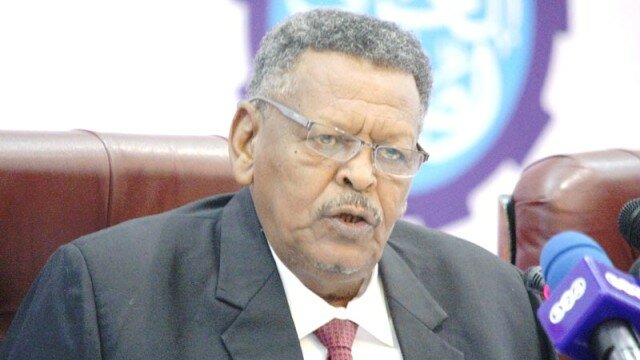Amnesty International has accused Sudan of using chemical weapons, but the German government has its doubts about the organisation’s report,
labelling their claims as “implausible”. EurActiv’s partner Der Tagesspiegel reports.
The German government doubts Amnesty International allegations that poison gas has been used in West Sudan’s troubled Darfur region, according to a response by the German foreign office’s Markus Ederer to a written question by Uwe Kekeritz of the Greens, seen by Der Tagesspiegel.
A month ago, Amnesty International submitted a report in which it recorded 32 cases of the Sudanese government using three different chemical weapons in the remote region of Jebel Marra, citing 56 phonecalls with survivors or relatives of the alleged attacks. The report claims that between 200 and 250 people, mostly children, have died as a result of poison gas attacks.
The Sudanese government immediately denied that such attacks had been carried out, claiming that the report was a “fabrication” and that it only played to the interests of militia leader Abdul Wahin Nour.
Green MP Kekeritz has since criticised Berlin for its response to the report. “Despite Amnesty’s report on the use of poison gas in Darfur, the government still refuses to break its loud silence,” telling Der Tagesspiegel that “this leaves me speechless”.
Ederer, the foreign office’s state secretary, explained Berlin’s reluctance to get involved as being based on “the current lack of available information means that there are concerns about Amnesty International’s allegations”. He added that the report is “implausible”.
Amnesty described extensively in the report how difficult it was to get information out of the region. Instead it relied on telephone calls, satellite imagery, photos, videos and a certain amount of material evidence in order to draw its conclusions.
International organisations are not represented there. Even the 20,000-strong peacekeeping force of the UN and African Union (UNAMID) has not secured access. However, Martin Ihoeghian Uhomoibhi, UNAMID’s special envoy to Darfur, said that his mission has not discovered any evidence of chemical weapon usage and that no one had been treated in any of UNAMID’s clinics for injuries of that nature.
He also added that Amnesty had not attempted to contact UNAMID and that regardless of the report, his organisation had not been tasked with investigating whether chemical weapons had been used, as this is not their mandate.
Amnesty has now accused the German government of just mirroring the position of the Sudanese government.
In any case, in its written response, Berlin said there was no reason to “discuss the possible consequences of relations with Sudan, either bilateral or within the framework of the EU”. For months, the EU has been training Sudanese troops and providing Khartoum financial sums to help manage the refugee influx.
This also fuelled Kekeritz’s worries. The politician said that it was of huge concern that “the government is doubting the authenticity of a report on the use of chemical weapons, rather than demanding a full and transparent investigation into the claims”.
-
UNAMID Welcomes Extension of Ceasefire
-
Minister: Turkish Investments in Sudan Exceeds 600Mln DollarsNext >

